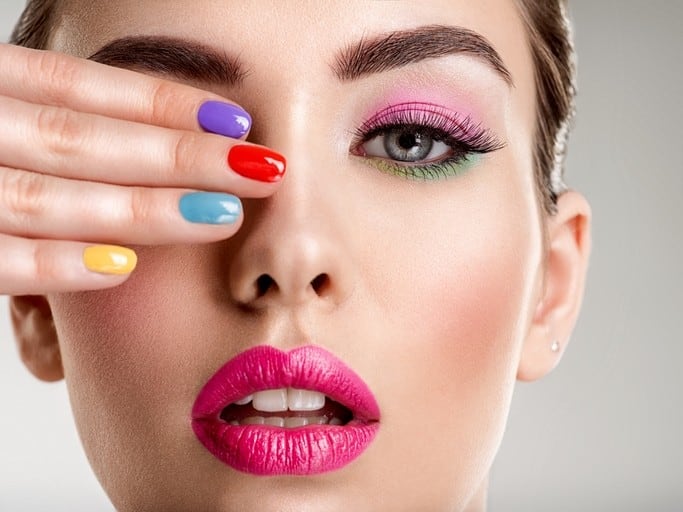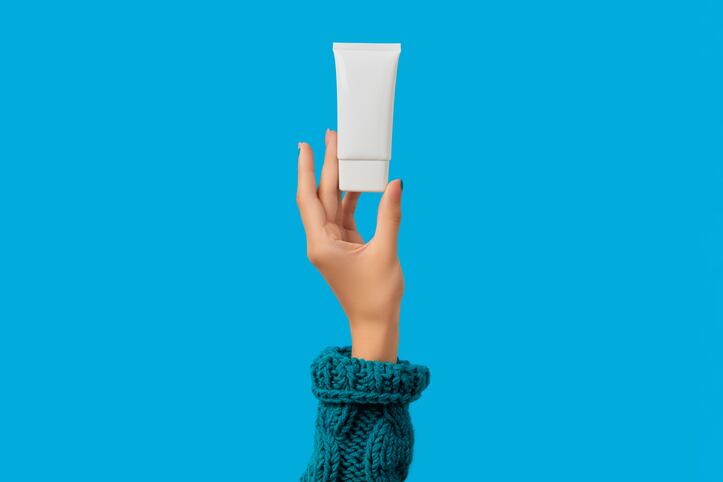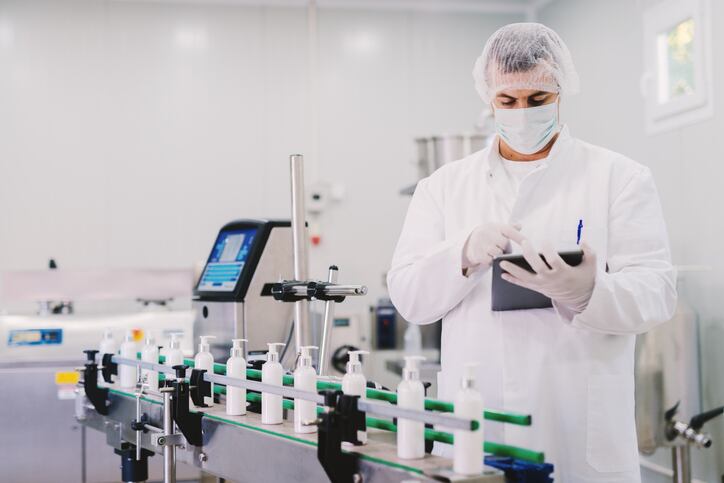As it stands, only cosmetics such as skin lightening creams and soaps with mercury content above one part per million (ppm) have been targeted for global phase-out under the treaty.
Eye area cosmetics, where mercury is used as a preservative and no effective and safe substitutes are available, are partially exempt from the rules.
“The data on mercury content of mascaras sold in the Philippines and other countries provide a good basis to rescind the phase-out exemption for such mercury-added products under the Minamata Convention. We will urge our government to take note of our findings and seek the necessary treaty amendment,” said Aileen Lucero, National Coordinator at campaign group EcoWaste Coalition.
She has been backed by a host of other organisations in the country.
Mark Peñalver, Executive Director at Interfacing Development Interventions for Sustainability (IDIS), noted that “removing the treaty exemption will make intentionally added mercury in eye area cosmetics a thing of the past," emphasising "it’s high time for all cosmetics to go mercury-free.”
While Dr Won Kim, Director at the Wonjin Institute for Occupational and Environmental Health (WIOEH), added: "It's a very frustrating situation for experts to detect hazardous chemicals, such as mercury, in cosmetics. Toxic chemicals used in cosmetics must be substituted with safer alternatives."
As part of the Cosmetics Without Harm project led by the WIOEH and supported by the Korean non-profit Beautiful Foundation, 57 samples of mascaras were collected from six countries, including the Philippines.
Laboratory researchers at the Soon Chun Hyang University performed the tests using a Direct Mercury Analyzer (DMA), an instrument used to quantify total mercury content present on a sample.
For the 20 samples collected by the EcoWaste Coalition and IDIS, the concentrations of mercury detected range from from 0.0021 to 0.0392 ppm, way below the 1 ppm maximum limit for mercury in cosmetics under the Minamata Convention on Mercury and pertinent regulations like the ASEAN Cosmetic Directive.
They said the mascara products were manufactured in China, Taiwan, Thailand, South Korea and the USA.
According to a report by an ad hoc group of experts tasked to review the Minamata Convention, some manufacturers have switched from mercury-based thiomersal to mercury-free preservatives.
Others have resorted to sterilisation and replacement of water with a gelled substitute as an alternative to preservatives.
Mercury, a potent neurotoxin, is highly toxic to human health. Exposure to mercury can harm multiple organs of the body, especially the developing brain of the foetus at extremely low concentrations. Women, who are the main target of mercury-added cosmetics, are among the most vulnerable to its toxic effects, particularly if they are of child-bearing age.





